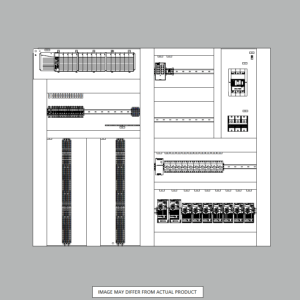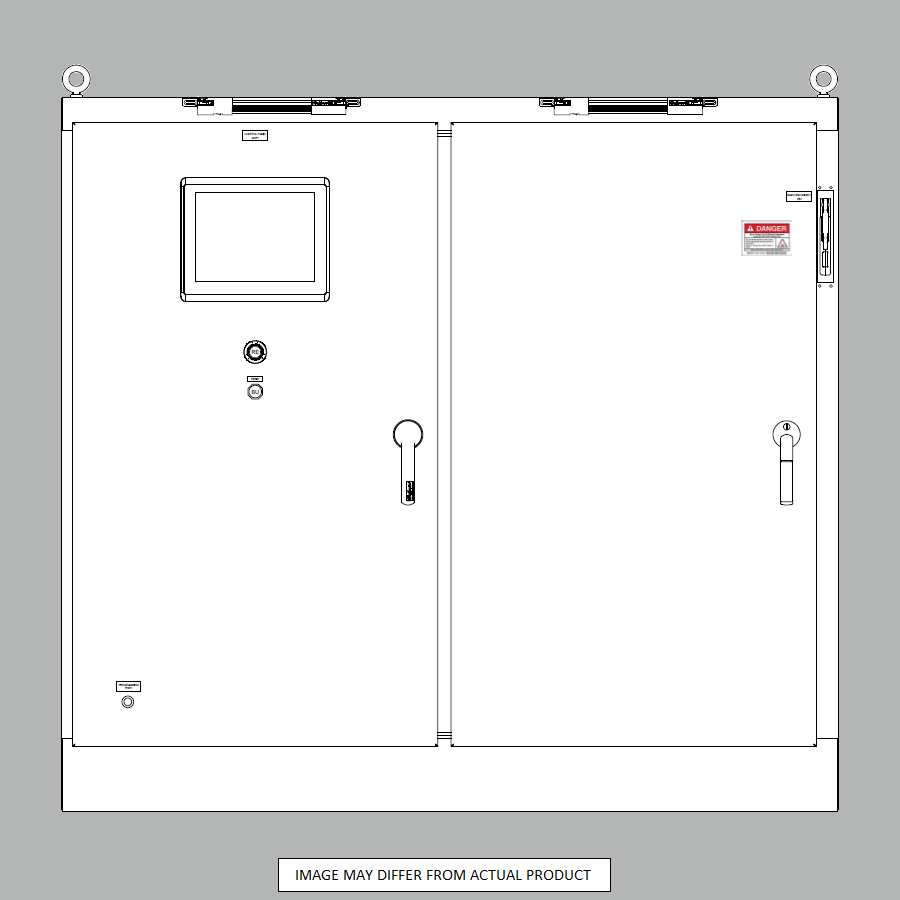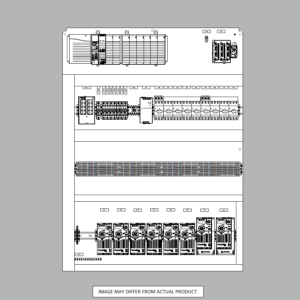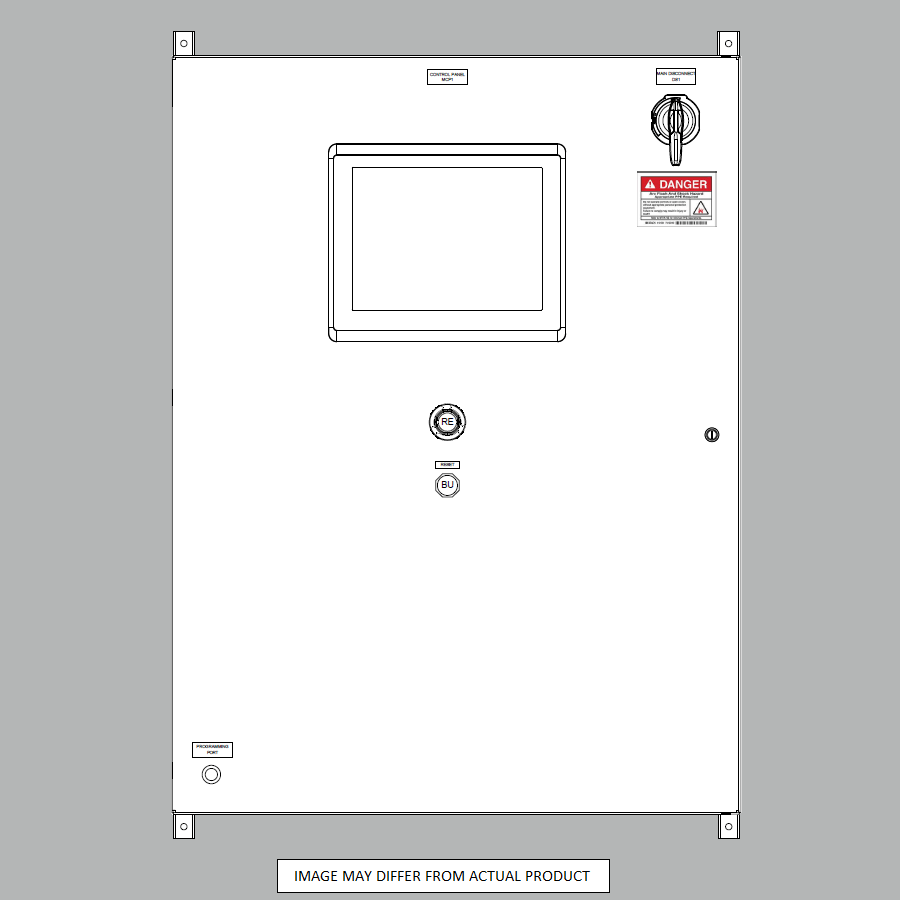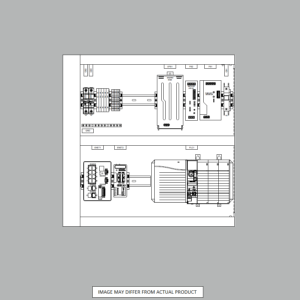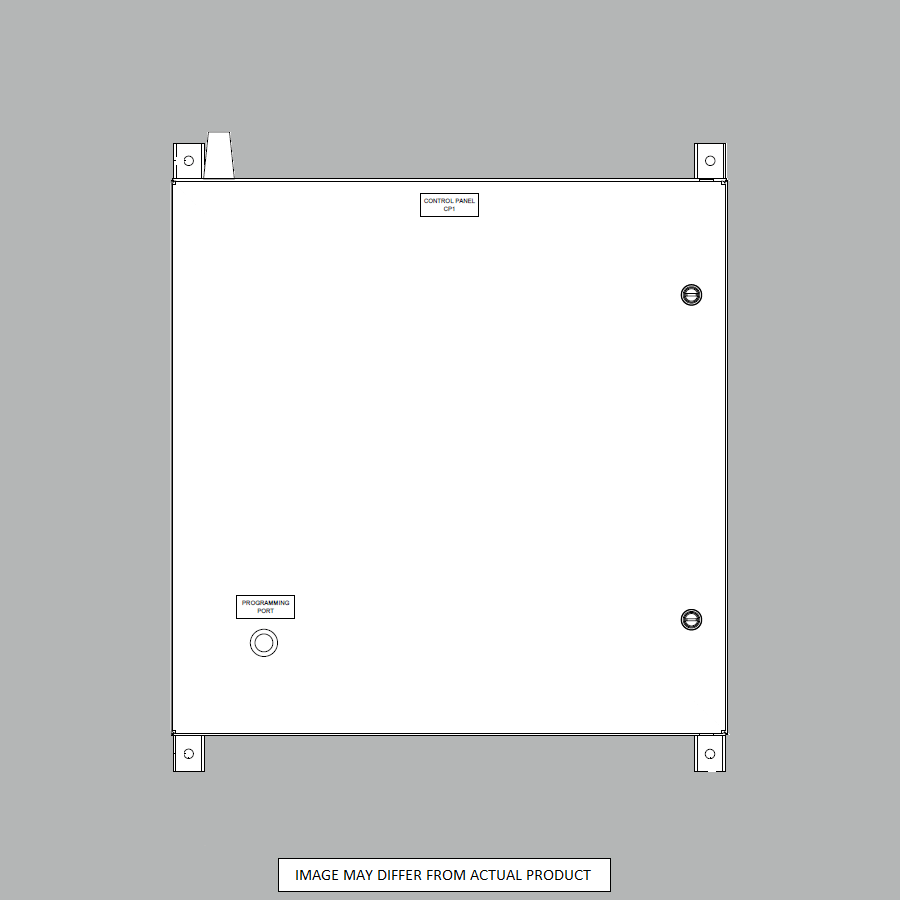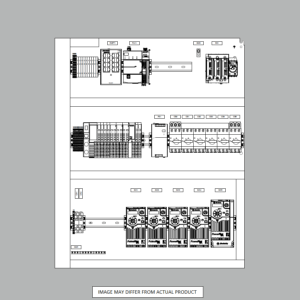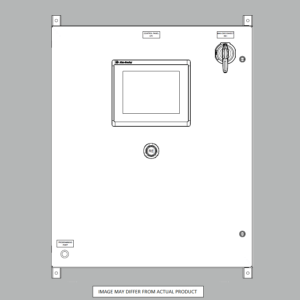Elevating Manufacturing: The Transformative Power of Robotic Process Automation
Manufacturing has witnessed another significant leap forward with the integration of Robotic Process Automation (RPA). This forward-thinking technology was designed to be non-intrusive. It incorporates software robots or ‘bots’ to handle data. It also oversees transactions, and interacts with various digital platforms. The consequence? A marked decline in human errors and a surge in efficiency. The manufacturing domain is recognizing the potential of RPA. The industry is integrating this technology, experiencing transformative shifts in production.
The Prevailing Challenges: Despite the technological advancements, the manufacturing sector faces deep-rooted challenges. High operational expenses, inconsistencies in processes, and human-induced errors present continuous hurdles. These impediments don’t cause interruptions in production. They impact productivity and profit margins. As manufacturers sought solutions, many traditional approaches seemed lacking. Which is unable to address these evolving challenges.
RPA: The Contemporary Solution: In this landscape of mounting challenges, RPA shines. It is offering a way forward. With RPA, manufacturers have a tool at their disposal that doesn’t address but transforms. Tasks that were once monotonous and error-prone are now automated. This ensures heightened accuracy and fosters greater productivity. The entry of RPA into manufacturing is not another technological integration. It represents a promise of a more efficient future.
In the next segments, we will unpack the multifaceted impacts of RPA in manufacturing. Drawing from a wealth of expertise in Industrial Automation. The content will illuminate the nuances of RPA’s role and the promising solutions it extends. As decision-makers seeking to drive manufacturing excellence, this discourse aims to provide a comprehensive understanding. This empowers you to harness RPA’s full potential.
Robotic Process Automation: A Game Changer in Manufacturing
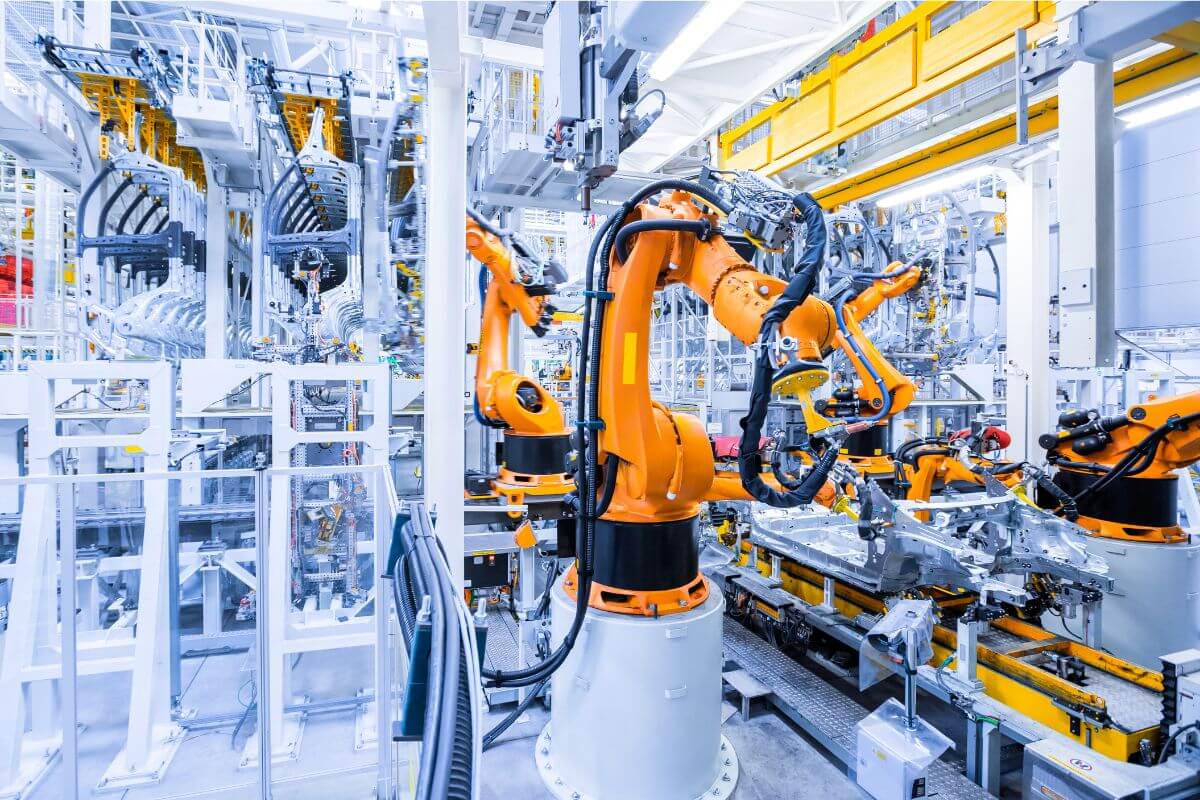
Robotic Process Automation in Manufacturing
Robotic Process Automation (RPA) is making waves. This isn’t just a buzzword. It’s a transformative tool driving industries towards greater efficiency and precision. Why is RPA becoming so popular? Here’s the simple breakdown:
- Efficiency Booster: RPA helps streamline operations. It ensures that products are made faster and with fewer errors. This means better products, delivered quicker.
- Cost-Saver: By taking over repetitive tasks, RPA cuts down on labor costs. Think of it as an automated assistant that doesn’t tire and keeps going 24/7.
- Adapting to Change: As technology keeps evolving, businesses need to keep up. RPA plays a pivotal role in this digital shift, helping companies adapt and thrive.
Now, let’s back this up with some numbers. In 2018, a Gartner report highlighted that the global market for RPA software surged by 63.1%. It makes it the star performer in the world of enterprise software. Another insight from Grand View Research projected the RPA market to touch a whopping USD 3.97 billion by 2025. This is an impressive annual growth rate of 31.1%.
So, what does all this mean for you? These stats and insights confirm one thing: RPA isn’t just a trend. It’s a substantial investment for the future. It holds immense potential to shape the next chapter of automation and manufacturing. If you’re considering ways to boost your manufacturing processes and keep pace with technological advancements, RPA stands out as a compelling choice.
RPA: Simplifying Complexities in Modern Manufacturing
At its core, Robotic Process Automation (RPA) is like giving manufacturing a digital makeover. Think of it this way: It’s teaching robots to perform repetitive tasks humans once did, but with more speed and accuracy. Within manufacturing, this magic happens through devices called programmable logic controllers (PLCs). These are the guiding brains behind the operation. It directs robots in tasks from assembly lines to more intricate procedures.
So, what roles does RPA play in manufacturing? Some of the standout applications include:
- Inventory Management – Robots now monitor stock levels, ensuring optimal stock is maintained at all times.
- Supply Chain Enhancements – Tasks like generating purchase orders and tracking shipments are now error-free with RPA.
- Predictive Maintenance & Quality Control – Imagine foreseeing machinery glitches before they become major issues or ensuring top-notch quality consistently.
The benefits of embracing RPA are compelling. It enhances productivity, minimizes errors and proves to be cost-effective. It offers real-time insights into the manufacturing process. In simple terms, it’s having an efficient manager overseeing operations round the clock.
The influence of RPA spans across various sectors, but manufacturing is a standout beneficiary. By automating mundane tasks, employees can shift focus to more strategic roles. The result? Swift task execution and a boost in productivity. Ensures manufacturers remain agile, meeting market demands and hitting delivery schedules. For those eyeing to modernize their manufacturing processes, RPA emerges as a top choice.
RPA in Manufacturing: Boosting Accuracy and Minimizing Mishaps
One advantage of integrating RPA into manufacturing is the notable savings it brings. Imagine reducing hands-on human tasks. This doesn’t only cut down costs but also amplifies production speed and volume. RPA is pivotal in enhancing accuracy and slashing the number of errors.
Automated systems, in comparison to human operations, bring consistent reliability. They’re on the mark, dependable, and maintain a steady output quality. It eliminates the concerns of product defects or redoing tasks. The combined benefits lead to a surge in a company’s overall productivity, efficiency, and profitability. It ensures the end product meets top-notch standards. Clearly, RPA’s role in manufacturing is a glimpse into a promising, efficient future.
Future of RPA in Manufacturing
Robotic Process Automation (RPA) is set to reshape the manufacturing landscape. As we peer into the future, we see a trend of more advanced RPA applications. They’re all driven by the constant push for precision, productivity, and streamlined processes. With technological leaps, it’s likely that RPA will touch every aspect of manufacturing. This isn’t just about automating tasks. It’s about introducing smart automation. Tools that think, decide, and learn, often referred to as cognitive RPA.
Yet, like any monumental shift, the rise of cognitive RPA will bring its challenges:
- Employment Impact – As AI and smart automation take center stage, there’s the looming question of job implications. With machines taking over roles, businesses must navigate the balance between automation and human employment. It must be ensured that staff are trained for evolving roles.
- Security Concerns – With digital advancement comes the challenge of security. Ensuring these systems are impervious to threats is paramount.
- Data Management – Handling the vast data that RPA systems generate and using it efficiently is another consideration.
- Investment Decisions – Adopting RPA isn’t just about buying a tool. It’s a strategic move requiring investment, foresight, and meticulous planning.
However, in spite of these considerations, the horizon looks bright. The union of RPA and manufacturing promises a future of immense growth, adaptability, and innovation.
RPA’s Promising Impact on Manufacturing
To wrap things up, Robotic Process Automation (RPA) has left an indelible mark on the manufacturing sector. Its influence spans from boosting efficiency to drastically reducing errors and wastage. Integrating into facets like assembly operations, quality assurance, and the broader supply chain, RPA has ushered in swifter processes and heightened profitability. Giving businesses a competitive edge in today’s ever-evolving market.
Reflecting on RPA’s potential, it’s clear the horizon is vast. With technological strides, RPA may soon drive the dawn of intelligent factories. The ones that operate autonomously, predict maintenance needs, and optimize in real-time. Beyond mere efficiency, this ushers in avenues for fresh innovations, greater and value creation. It also heightens market competitiveness.
RPA in its toolkit, the future for the manufacturing sector glimmers with untapped possibilities and unprecedented growth trajectories.
We, at Automation Ready Panels, can take care of your automation needs in your manufacturing facilities.
-
Large Process Automation: Panelview 5000, ControlLogix 5580
$21,389.00 Select options -
Small Process Automation: Panelview 5000, ControlLogix 5580
$17,999.00 Select options -
Small Process Automation: ControlLogix 5580, UPS Battery Backup, Cellular Modem
$16,999.00 Select options -
Advanced Automation: Panelview 5000, Safety CompactLogix 5380
$8,499.00 Select options

